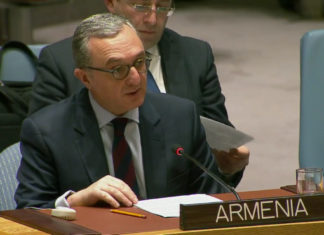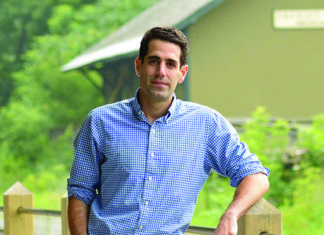LOS ANGELES (AP) — Armenian-American lawyers filed a federal lawsuit Thursday here against the Turkish government and two banks, seeking compensation for the heirs of Armenians whose property was allegedly seized nearly a century ago after they perished in the Genocide.
Lawyers are seeking class-action status for the suit, a process attorney Brian Kabateck said could take as long as three years.
“We are rolling up our sleeves and are going forward,” he said.
The lawsuit was filed on behalf of plaintiffs Garbis Davouyan of Los Angeles and Hrayr Turabian of Queens, New York. It alleges breach of statutory trust, unjust enrichment, human-rights violations and violations of international law.
Compensation is sought for land, buildings and businesses allegedly seized from Armenians as they were driven from the Ottoman Empire, along with bank deposits and property, including priceless religious and other artifacts, some of which are now housed in museums in Turkey.
Attorney Mark Geragos said it was the first such lawsuit directly naming the government of the Republic of Turkey as a defendant.









